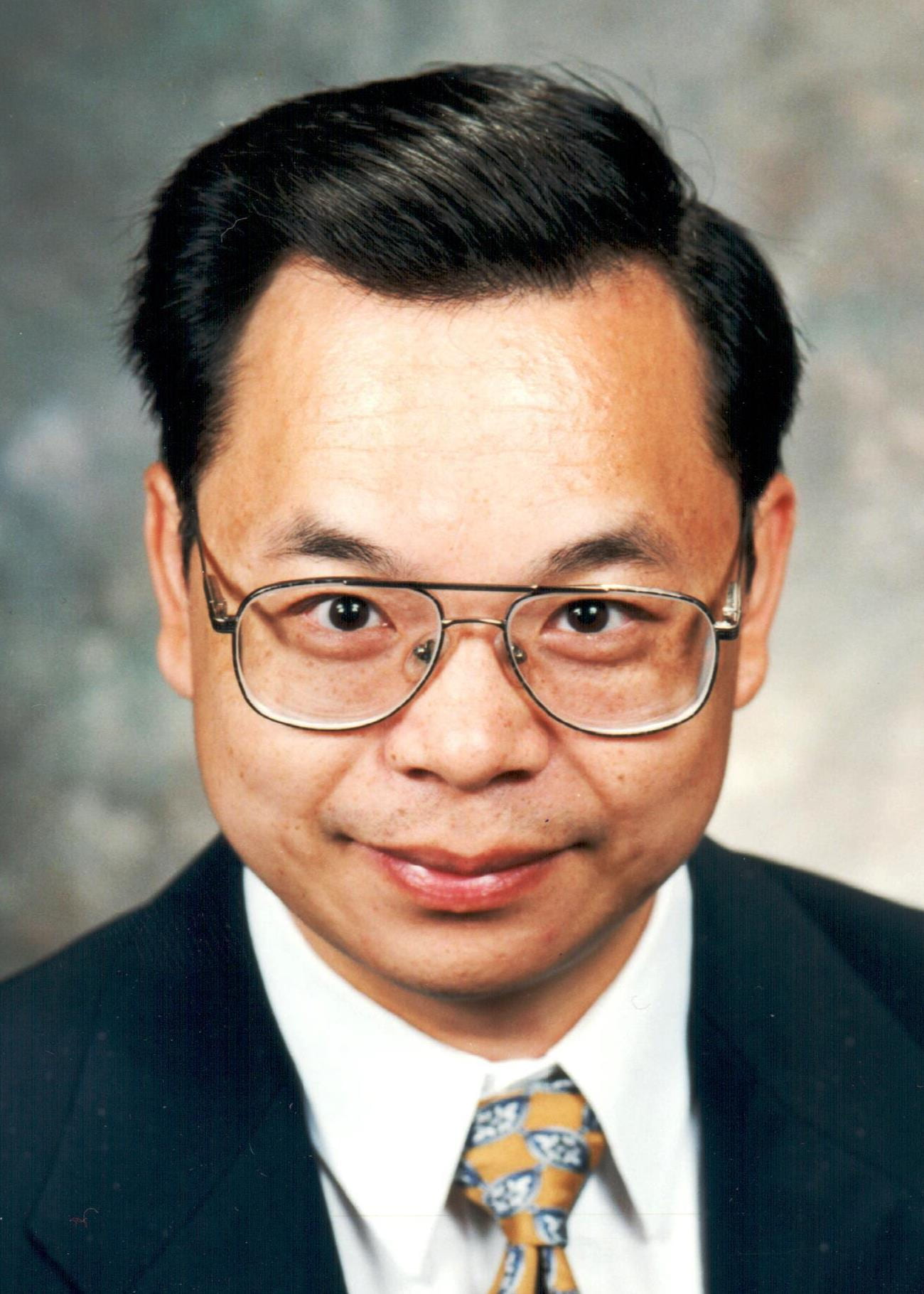Prof. Simon X. YangMember of the Canadian Academy of EngineeringUniversity of Guelph, Canada Simon X. Yang received the B.Sc. degree in Engineering Physics from Peking University, Beijing, China, the first of two M.Sc. degrees in Biophysics from the Chinese Academy of Sciences, Beijing, the second M.Sc. degree in Electrical Engineering from the University of Houston, Houston, TX, and the Ph.D. degree in Electrical and Computer Engineering from the University of Alberta, Edmonton, AB, Canada. Dr. Yang is currently a Professor and the Head of the Advanced Robotics and Intelligent Systems Laboratory at the University of Guelph, Guelph, ON, Canada. He is a Fellow of Canadian Academy of Engineering. Prof. Yang’s research interests include robotics, intelligent systems, control systems, sensors and multi-sensor fusion, wireless sensor networks, bio-inspired intelligence, neural networks, machine learning, fuzzy systems, evolutionary computation, intelligent agriculture, intelligent communications, intelligent transportation, and computational neuroscience. Prof. Yang has been very active in professional activities. He has been served as the Editor-in-Chief and Associate Editor of several international journals, and has involved in the organization of many international conferences. He was on the grant selection panel of NSERC, CIHR and several other grant agencies. |
Prof. Zhi Li【IEEE Fellow】Academician of the European Academy of Natural SciencesXidian University, China ZhiLi, an academician of the European Academy of Natural Sciences, is a second-level professor and doctoral supervisor at Xidian University, and the head of the discipline of Control Theory and Control Engineering. He received a bachelor's degree from Shaanxi Normal University in 1983 and a doctorate from Xi 'an Jiaotong University in 2002. From 2002 to 2004, he conducted postdoctoral research at Shanghai Jiao Tong University and served as an assistant researcher at City University of Hong Kong during this period. Since 2004, he has been a professor at Xidian University and was promoted to doctoral supervisor in the same year. He has also served as a visiting scholar at universities such as Hanyang University in South Korea and City University of Hong Kong. The main research focuses on the game evolution of complex networks and the cooperative control of multi-agent systems. It proposes a quantification method for the synchronization capability of complex dynamic networks and robust adaptive synchronization technology to solve the synchronization problem of nonlinear coupled networks. Construct a joint modeling method of deep learning and meta-learning, reveal the group evolution mechanism such as the Prisoner's dilemma game, and design a multi-party quantum key protocol to solve information security problems. He has presided over more than 20 projects including the National Natural Science Foundation of China, and published over 70 SCI papers, with the highest citation of a single paper reaching 139 times. |


